AB Direct - Steers
Rail: ---
AB Direct - Heifers
Rail: ---
US Trade- Steers
Rail: 290.00 (IA)
US Trade - Heifers
Rail: 290.00 (IA)
Canadian Dollar
0.02
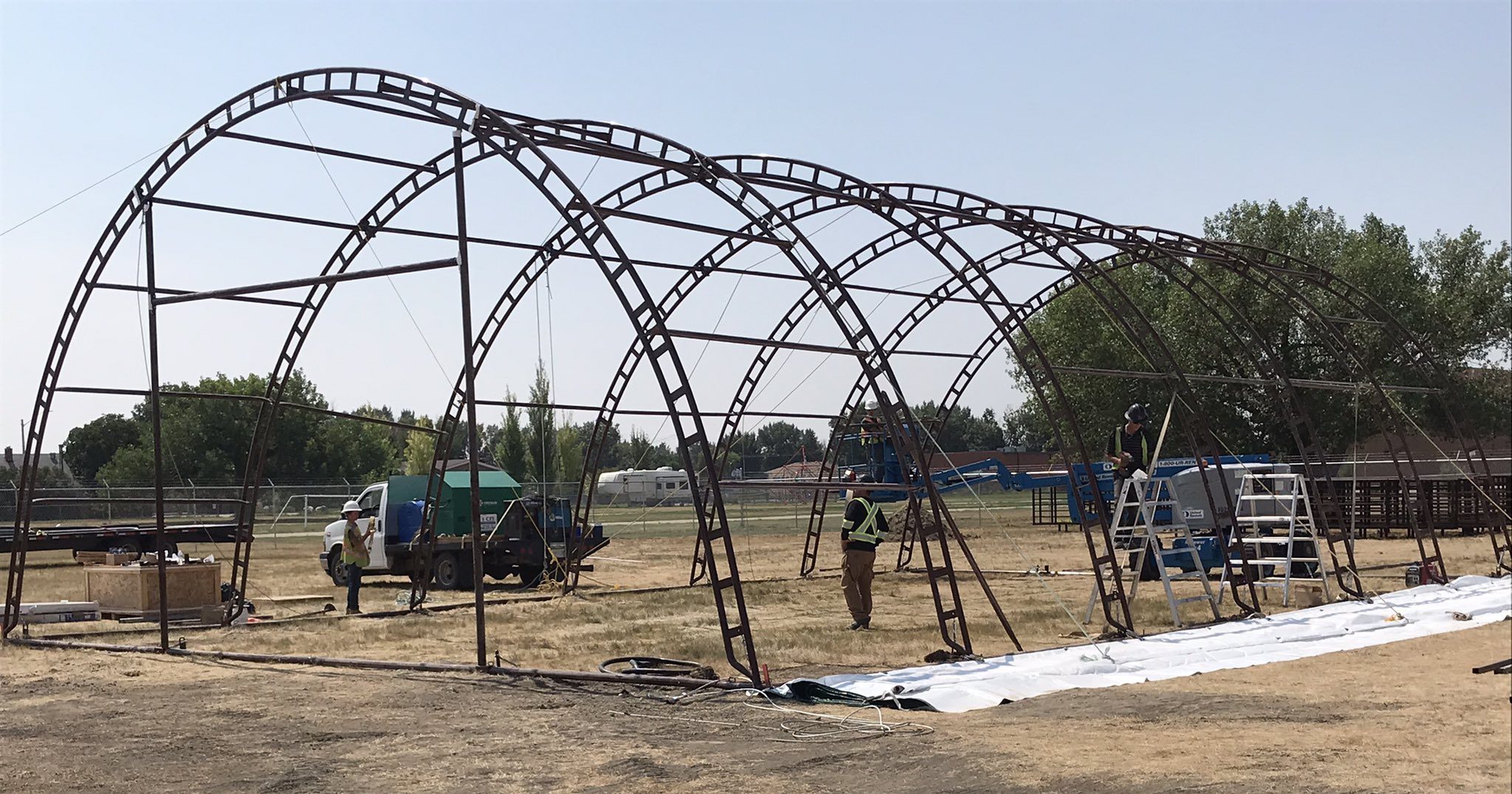
Collaboration brings a mini-farm with global perspective to a rural school
A school in the southeast corner of the province is seeing its students branch into farming.
This week, Irvine School saw the addition of calf shelters, livestock panels, and a learning pavilion.
The infrastructure is part of the School’s new Agriculture Discovery Centre (ADC). It’s the first step towards a student-managed farm, that will eventually house livestock, plants, and eager minds.
“Exciting learning opportunities, such as the Agriculture Discovery Centre, embed cultural and agricultural traditions directly into the school environment,” says Reagan Weeks, Deputy Superintendent, Prairie Rose Public Schools. “This would not be possible without the incredible support and direction from our rural community partners. We are incredibly thankful to Neubauer Farms for sharing their expertise and time to support this one of a kind educational experience for students.”
And, neither, according to Nichole Neubauer, would it be possible without the support of Prairie Rose Public Schools.
“Prairie Rose is really receptive to delivering education, and doing it differently,” says Nichole Neubauer. “And here at Neubauer Farms, we’ve been doing agriculture education since 2005. That was when we first started welcoming local students to our farm, to teach them all about where their food comes from.”
Neubauer is a parent of two students in Prairie Rose Public Schools. She has worked with children in special education, farms, and is a passionate agriculture advocate.
“We’re going to really inspire and excite these kids…to become ambassadors of agriculture, and ultimately, to become subject matter experts, who can talk with people about important things like carbon sequestration…, and how they uphold the values of sustainability, which ultimately benefits everyone in food production.”
Through the ADC, students at Irvine School will raise livestock (cattle, dairy goats, pigs, and laying hens), grow produce (rhubarb, raspberries, apples and vegetables), and even host their own demonstration crop plots. They’ll be directly involved in soil and feed sampling, conducting experiments, tracking data, and hosting auctions and events to sell livestock and produce from the student-led farm. There will also be extension activities to see how crops are processed, and where they’re sent in the world.
Connecting agriculture to curriculum in the classroom
“It’ll be a mini-farm, but also looking global,” says Neubauer, “to have kids understand the profound impact that Alberta agriculture has on lives across the world.”
Along the way, the students will learn about sustainable agriculture, and hear about the variety of occupations available in agriculture. The school will also offer outreach programming to urban students, and share their experience on social media and virtual learning platforms.
Students can expect to become involved in the farm as soon as they go back to school in September. The plan is for it to become student-driven by mid-April.
Leave a Comment
Add abpdaily.com to your home screen
Tap the menu button next to the address bar or at the bottom of your browser.
Select ‘Install’ or ‘Add to Homescreen’ to stay connected.

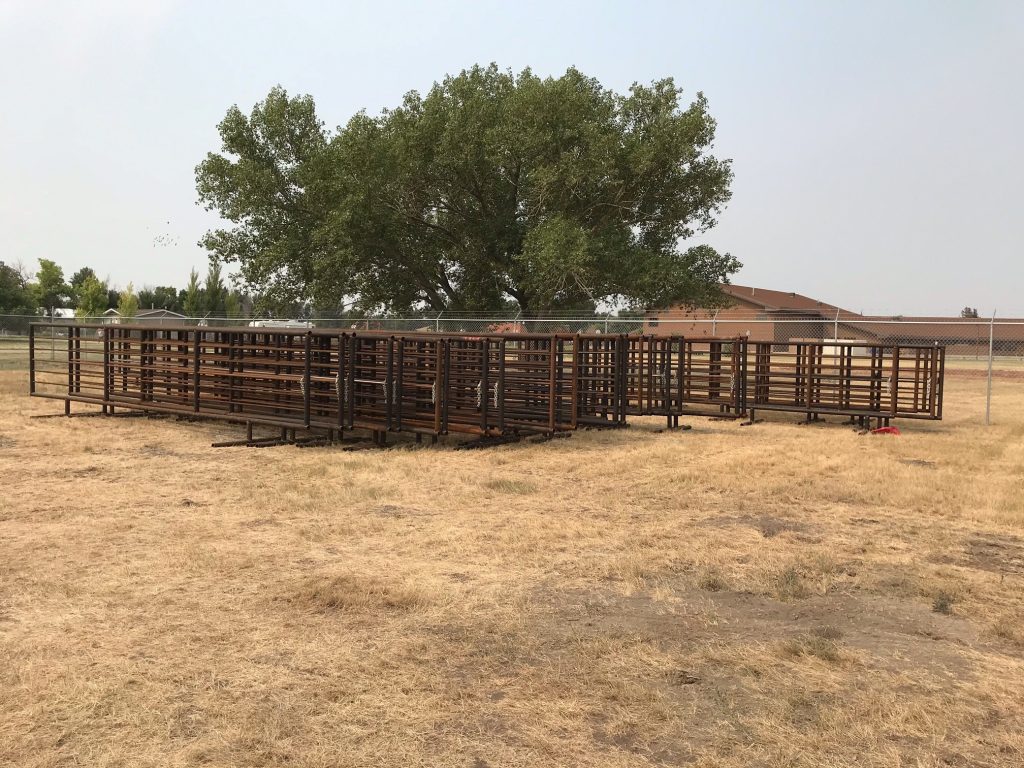
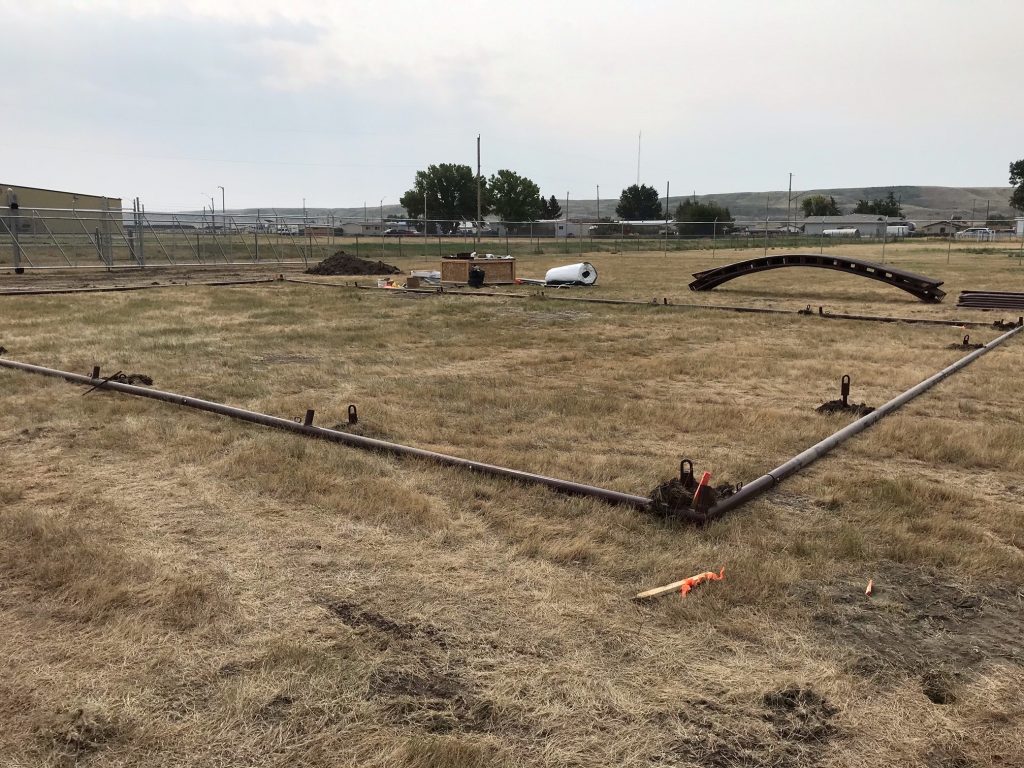
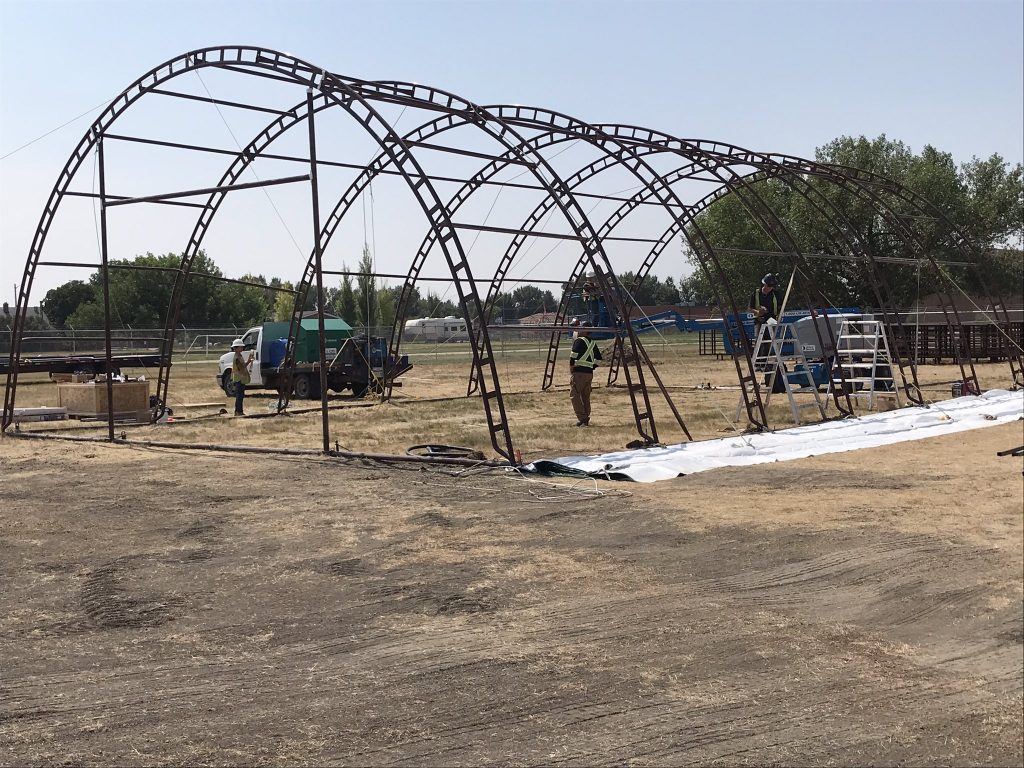
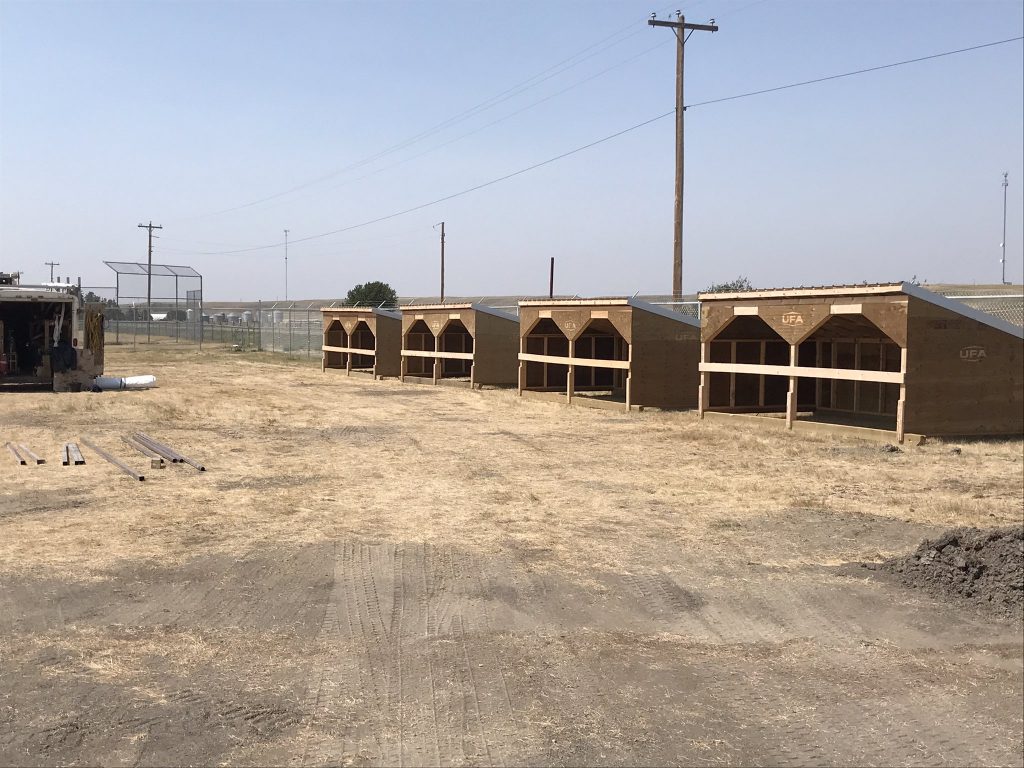
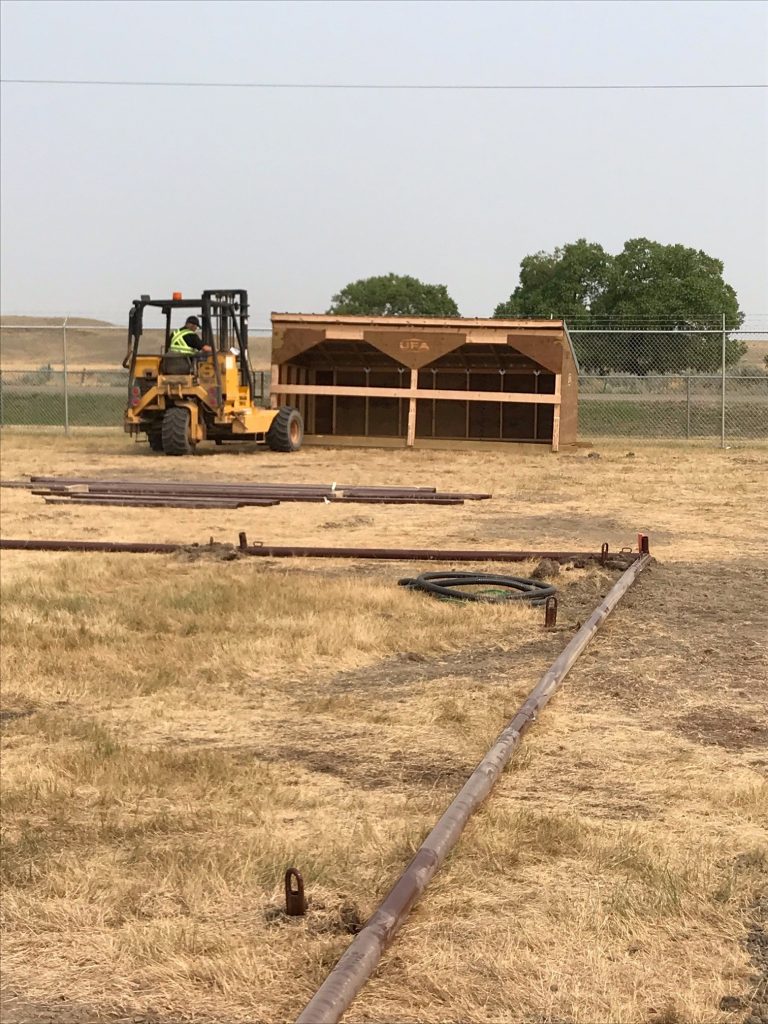
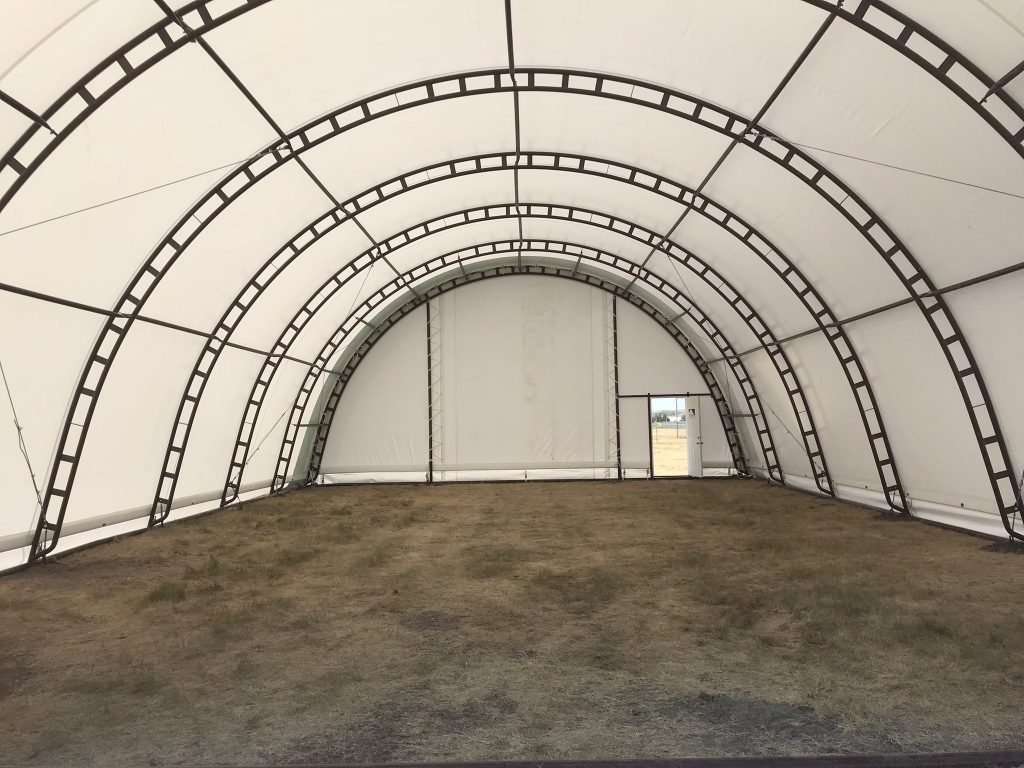
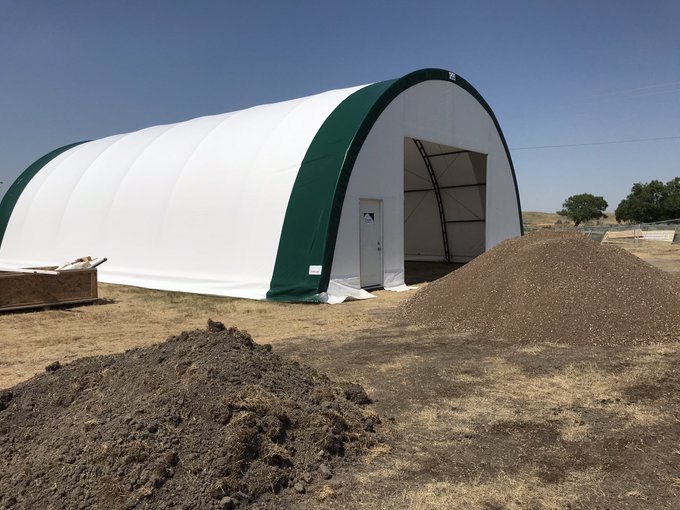


Share this article on